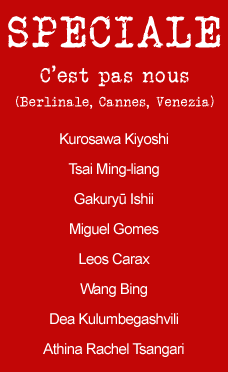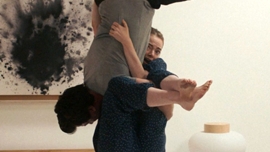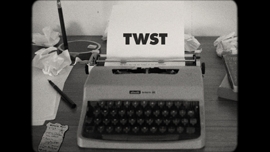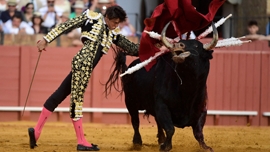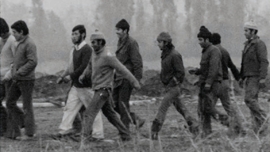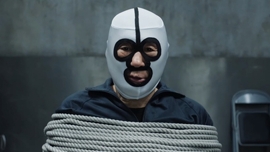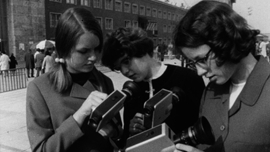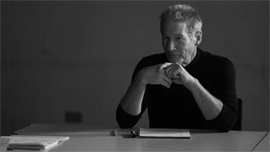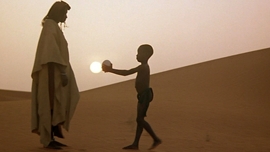Lorenzo Esposito
THE POWER OF THE WORD
The opening credits of Wheel of Fortune and Fantasy state that these are ‘Hamaguchi’s short stories’. Have you actually written short stories for the movie?
In the beginning I had several drafts of short stories. I put them in a sequence starting with the one I deemed more suitable to open the film, and finally I turned them into the actual screenplay. I recall that Éric Rohmer’s Six contes moraux were novels before becoming the actual screenplay. I didn’t think about doing something similar, though, as I wasn’t very attracted to the idea of writing actual short stories.
When in the process of writing a film, do you think about it more as a literary work or, rather, in terms of the relationship between word and image?
When I write a screenplay, I don’t think about it as a literary work at all. Rather, it’s about setting ‘guidelines’ to be used on set. Since the actors have to give shape to the dialogue, it’s a very straightforward instruction booklet, words are very simple. I always take a lot of leeway to be able to adapt the script to the circumstances. Even if I write something in detail, often times we do not have the financial strength to achieve everything.
The only thing I am concerned about in relation to the quality of the text is the impact it may have on the performers. Reading the script, will they find the key to understanding their characters? Will the dialogues convince them? Will this be enough to provoke a “chemical reaction” on their personality?
What is your relationship with writing? Do you consider yourself more of a writer or a filmmaker?
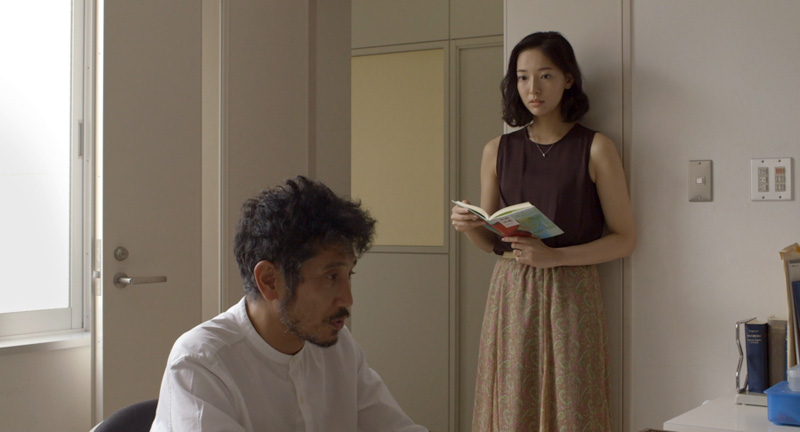 I am a director, basically the reason I write screenplays is to direct films. Sure, I wrote the screenplay for Kurosawa Kiyoshi ‘s Wife of a Spy, but I never considered myself as a professional screenwriter. That was just an exception because of the relationship between Kurosawa and me.
I am a director, basically the reason I write screenplays is to direct films. Sure, I wrote the screenplay for Kurosawa Kiyoshi ‘s Wife of a Spy, but I never considered myself as a professional screenwriter. That was just an exception because of the relationship between Kurosawa and me.
I am convinced that words are a useful tool for the mise-en-scene. At the moment, I try to reserve myself the right to change the script during the production because, as I said before, I consider it as a sort of a guideline, the dialogues giving direct instructions to the actors.
For me it is key to maintain the freedom to make adjustments based on my intentions.
I don’t expect the actors to repeat every single word as it is written. I’d rather give them the freedom to repeat the lines the way it sounds easier for them. That often matches with the written text, as we repeat the reading of the script dozens of times. I believe that it is important for the actors to agree with the text. When this happens, I think we could say that in a certain way I am rewriting the script on the set together with the actors.
Door Wide Open, the second episode of Wheel of Fortune and Fantasy, seems to be primarily a reflection on the power of the word. Do you think there is a specific power of the word? Or does it all lie in the image?
I do think there is something we can call “the power of the word”. It lies, more than anything else, within the power to influence both the performer who repeats a line and the listener. This force that influences them makes something happen to their bodies. When this happens, the power of the word gets to be received, intact, also by the audience through the trembling of the performers’ bodies.
In the second episode the possibility of using a language that differs from plain spoken language is sought. However, Segawa’s character himself, who is a writer and a teacher, is portrayed as a man who “speaks as he writes”. This is to show how the written and spoken word cannot be clearly divided.
Instead, it is much more interesting that the two are connected by ambiguity. The interpreter is a being who “gives voice to the written word”. I don’t think this belongs merely to the second episode, because when you give voice to a very refined text you generate something. From this point of view, the most striking example is Chekhov.


